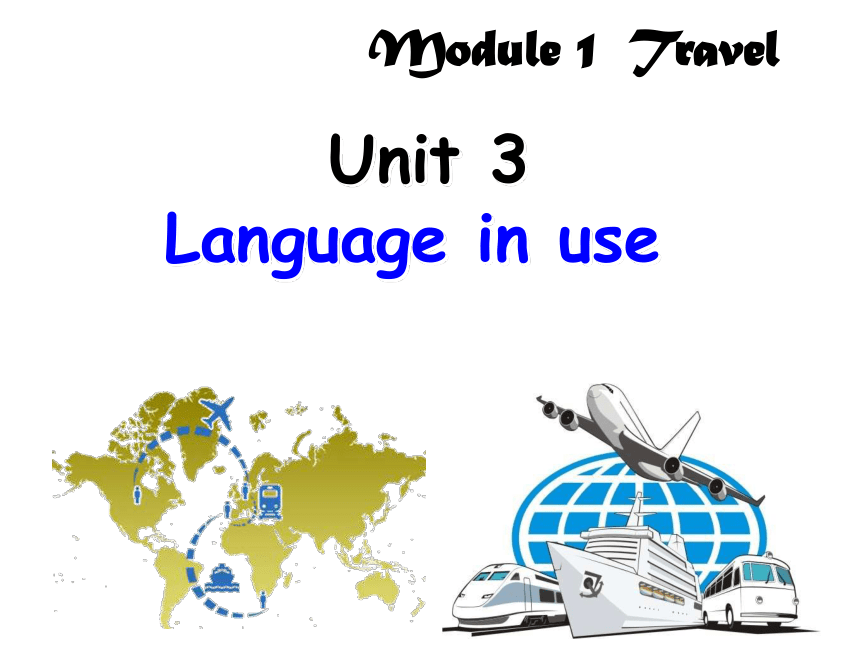(
课件网) Module 1 Travel Using a, an, the and zero article Watch a piece of video and answer the question: Who is Percy Buttons He is a beggar. Let's read the text and circle the articles. When do we use “a/an” When do we use “the” And when to use zero article 不定冠词a/an 用于当首次提到某人某物或一些固定短语中。 指前文提到过的人或物,或特指某人或某物时用定冠词the。 当名词前已有物主代词、指示代词、所有格或数词等作定语,则其前面不再用冠词。 1.He went to stay with his family in the UK. 2.Why is travel so difficult in winter 3.We flew direct to Hong Kong. 4.We took a tour by coach to the Summer Palace. 5.Then we took a boat to Lantau Island and went to Disneyland. Observe the following sentences carefully. And pay attention to the words in red. 1.He went to stay with his family in ___ UK. 2.Why is ___ travel so difficult in ___ winter 3.We flew direct to ___ Hong Kong. 4.We took ___ tour by ___ coach to ___ Summer Palace. 5.Then we took ___ boat to ___ Lantau Island and went to ___ Disneyland. the a the a go Ready Focus on 基本含义和用法 冠词是虚词,放在名词之前,用来说明名词所指的人或事物。 不使用冠词 定冠词 不定冠词 a an the 零冠词 冠词的 分类 冠词 Articles 冠词分为不定冠词(indefinite article) 、定冠词(definite article)和零冠词(zero article)三种。 a用于一些固定词组中。 e.g. have a good time a piece of a lot of a few have a cold have a rest take a tour 去旅游 take a boat 乘船 不定冠词 a/an ① 表示某一类中的“一个” ② 表示“每一” 1) He is a soldier. 2) It isn't easy to run a country well. 3) She is an honest woman. 1) I go to the cinema once a month. 2) We have five English lessons a week. ④ 表示数量“一”,但概念没有one强烈 ⑤ 表示“同一”的意思 1) I have a mouth, a nose and two eyes. 2) It is an inch thick. 1) These shoes are all of a size. 2) The people and army are of a family. ③ 指某人某物,但并不具体指哪个人 或哪个物 1) A reporter tells us the fact. 2) Lend me a storybook. the用于由普通名词构成的专有名词前,例如: 1) He went to stay with his family in the UK. 2) We took a tour by coach to the Summer Palace. the USA the Communist Party the Great Wall the Internet 定冠词 the 1) 特指某(些)人或某(些)事物: ① This is the house where Luxun once lived. ② The old man with thick glasses is their history teacher. 2) 指谈话双方都知道的人或事物: Take the medicine. 定冠词表示特指, 可以用于可数名词之前,也可用于不可数名词前。 3) 复述上文提过的人或事物: He bought a house. I've been to the house. 4) 用于独一无二的事物前: the sun the earth the moon the world ① The sun rises in the east. ② The moon is far smaller than the earth. ③ The earth goes round the sun. 5) 在河流、湖泊、山脉等前面: the Yellow River the Black Sea 6) 表示“某某一家人或某某夫妇”: the Greens the Browns 7) 用在方位名词前: in the south in the west in the north in the east 8) 定冠词用在形容词前, 表示一类人或 东西: the rich the poor the old the young the living 9) 用在乐器名词前: play the piano play the violin play the guita ... ...

